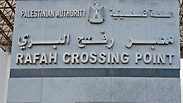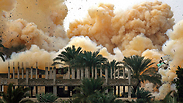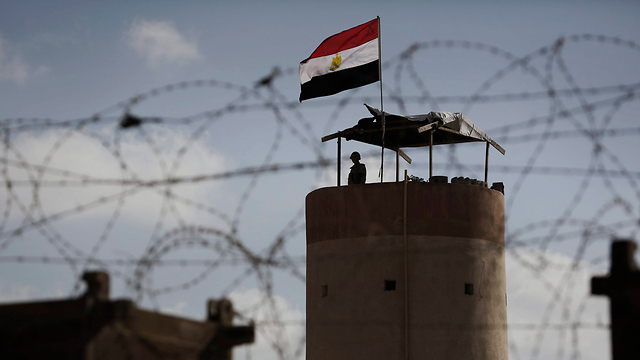

Egyptian authorities opened the Rafah crossing on Tuesday, for the first time in nearly 80 days, to allow stranded Palestinians to return to the Gaza Strip, witnesses and officials said.
But it did not allow traffic the other way, leaving thousands of Gazans, some of whom need to travel for medical treatment, stuck inside the tiny enclave, authorities there said.
Since the Egyptian army ousted Islamist president Mohamed Morsi in 2013, Cairo has largely kept Rafah, the main gateway to the Palestinian enclave that is run by the Islamist group Hamas, closed.
- Tunnel economy booming near Rafah
- UN says will engage Israel on 'realistic options' for talks
- Gazans reach beyond blockade through start-up
- Gazans reach beyond blockade through start-up
It has occasionally opened the crossing to allow passengers with foreign passports as well as students and patients to travel. Israel also has strict limitations on Palestinian travel through its border with Gaza.
Cairo accused Hamas, which shares the same agenda as Morsi's Muslim Brotherhood, of helping militants in Egypt's Sinai desert wage attacks against security forces, something Hamas denies.
Maher Abu Sabha, the Hamas-appointed director of Gaza crossings, said more than 15,000 Palestinians, including 3,000 people seeking medical treatment, had registered with his office to travel outside the enclave.
"We still hope the Egyptian authorities would reconsider its decision and would open the crossing in the both directions," he said. "The situation has become intolerable for the people of Gaza."
An Egyptian official said the crossing would also be open Wednesday.
As part of its clampdown on Hamas, Egypt has destroyed hundreds of cross-border tunnels through which consumer goods and weapons were smuggled into the Gaza Strip. It also seeks to impose a 1 km (half-mile) buffer zone on its side of the frontier to stop smuggling.

















